More than six months have passed since Yemen’s Houthi rebels began causing major disruptions to shipping traffic in the Red Sea. The global shipping industry has faced a “new normal” of worsening delays, disruptions and higher costs.
This is despite the persistent efforts of the US, UK and European navies. The West has failed to neutralize the Houthi threat and restore security to commercial shipping, according to an analysis published by Foreign Policy on July 1.
The fact that the world's leading navies appear to be struggling to subdue a rebel group raises major questions about both the strength and the role of Western navies in any potential future confrontations, according to the long-standing US publication.
The US-led campaign against Houthi rebels has become the most intense naval battle the US Navy has faced since World War II, US Navy leaders and experts told the AP news agency.
The speed of firepower deployment can be seen on the Arleigh Burke-class destroyer USS Laboon, where the paint around the missile launcher hatch was burned off after multiple launches.
The ship's sailors sometimes had a few seconds to confirm fire from the Houthis, exchange with other ships and open fire on a barrage of missiles coming at speeds near or exceeding the speed of sound.
“It’s a day-by-day, hour-by-hour thing, and some of our ships have been here for over seven months doing that,” Capt. David Wroe, who oversees the Navy’s guided-missile destroyers, told the AP in June.
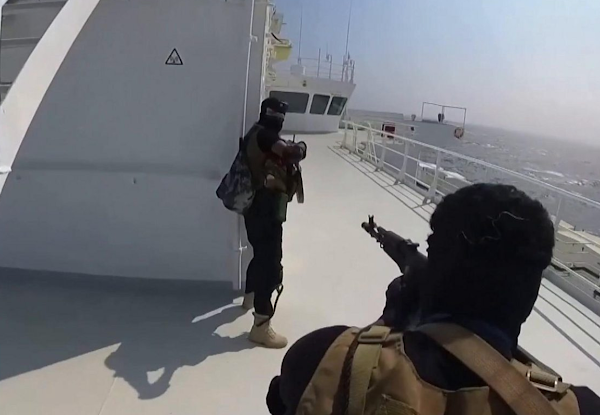
USS Laboon, an Arleigh Burke-class guided missile destroyer, was one of the US Navy ships escorting the vessel believed to be the target of the Houthi missile. Photo: Forces Network
The Houthis have proven to be quite a formidable force, Sebastian Bruns, a naval expert at the Center for Maritime Security and Strategy at the Institute for Security Policy at the University of Kiel in Germany, told Foreign Policy. They are a non-state actor with a larger arsenal and could really give the Western coalition a headache.
“This is the most advanced type available today and when the navy has problems maintaining its capability at this level, it is really worrying,” the expert said.
From the chokepoint of international shipping, the Bab el-Mandeb Strait, the gateway to the Suez Canal, the Iran-aligned Houthi rebels who control Yemen have been attacking civilian and military vessels since late last year, citing the need to pressure Israel to end its conflict with Hamas in the Gaza Strip.
Commercial vessels, including large container ships, bulk carriers and oil and gas tankers, have been quickly steering clear of the choppy waters of the Red Sea, opting for the longer but safer route around the bottom of Africa.
But the initial disruptions were not expected to last long, especially after Western navies stepped in to restore security. Insurance premiums for shippers actually fell slightly when the joint US-UK naval deployment was announced. And shipping costs fell in the spring as the Houthi crackdown continued.
But after eight months of back-and-forth attacks between the military forces, the disruption to shipping has suddenly gotten much worse. In late June, Houthi attacks sank one ship—the second since the group began its attacks—and damaged another.
The list of attacks, both successful and unsuccessful, continues. The public messaging from US Central Command (CENTCOM) is one of almost daily reports of US ships repelling drones, missiles, and unmanned surface vessels (USVs).
The Houthis, who have used anti-ship missiles to great effect, are increasingly using USVs, including the Houthi-named Blowfish. Not all of the effects are as obvious as the explosions that damaged the Transworld Navigator late last month, but they are painful all the same.
Shipping through the Suez Canal, a vital source of revenue for Egypt, has been cut by at least half, and tonnage has dropped even further. Ships taking the long route will spend more time and money, and may end up sitting idle waiting for the storm to pass.
Minh Duc (According to Foreign Policy, AP)
Source: https://www.nguoiduatin.vn/tai-sao-hai-quan-my-kho-long-khac-che-houthi-o-bien-do-a671149.html





![[Photo] Relatives of victims of the earthquake in Myanmar were moved and grateful to the rescue team of the Vietnamese Ministry of National Defense.](https://vstatic.vietnam.vn/vietnam/resource/IMAGE/2025/4/2/aa6a37e9b59543dfb0ddc7f44162a7a7)

![[Photo] Third meeting of the Organizing Subcommittee serving the 14th National Party Congress](https://vstatic.vietnam.vn/vietnam/resource/IMAGE/2025/4/2/3f342a185e714df58aad8c0fc08e4af2)
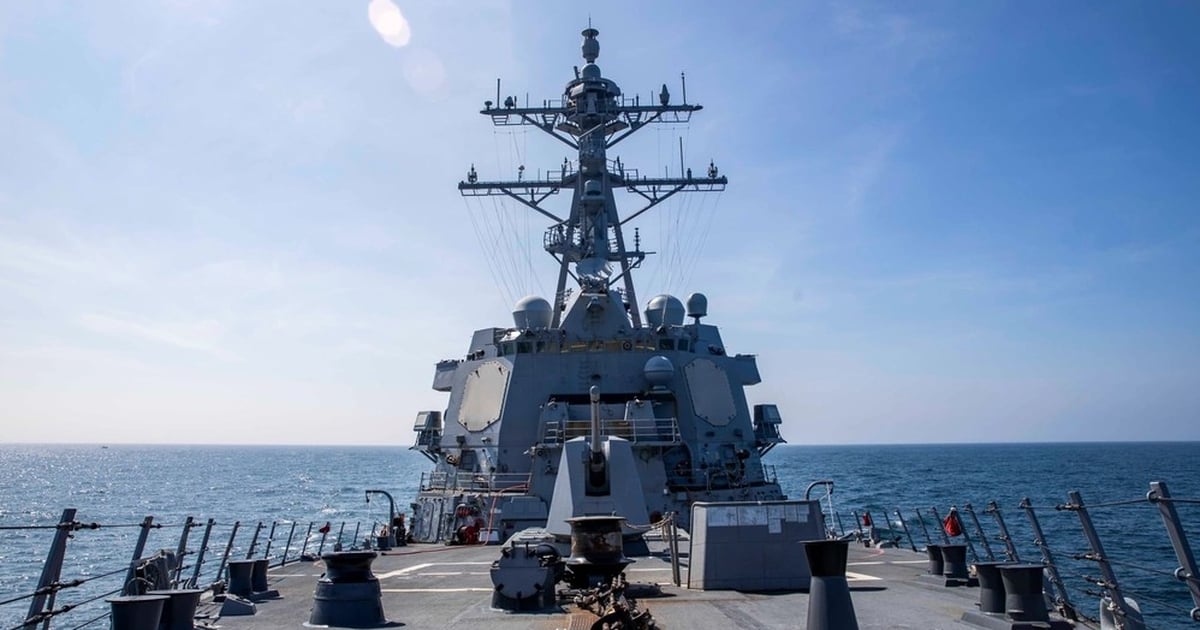

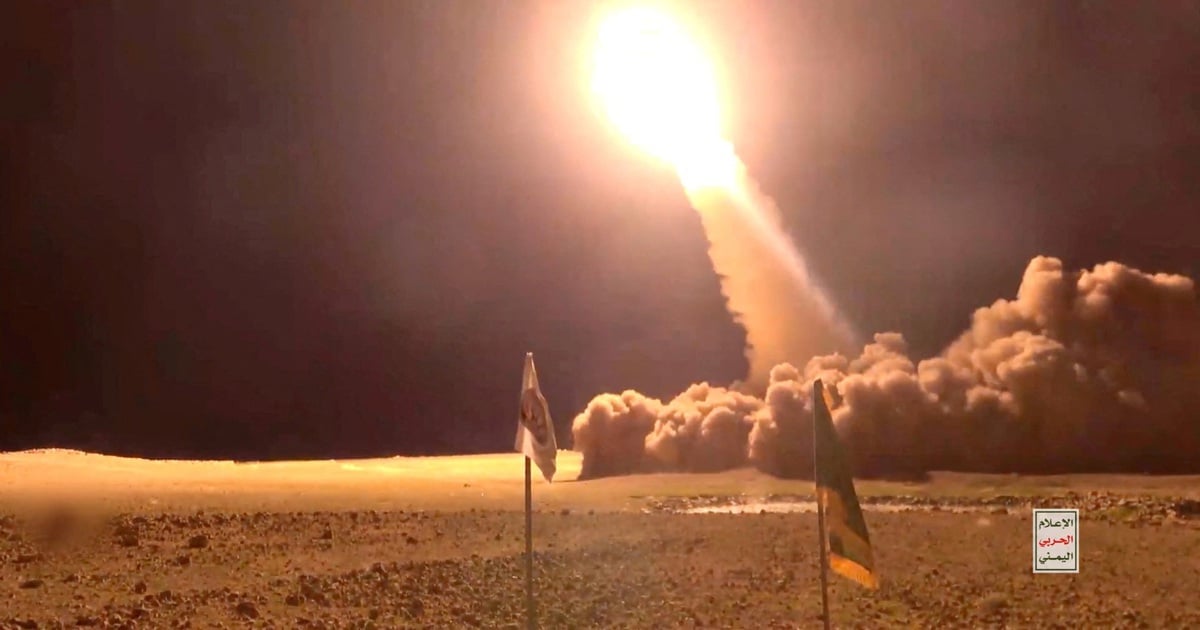
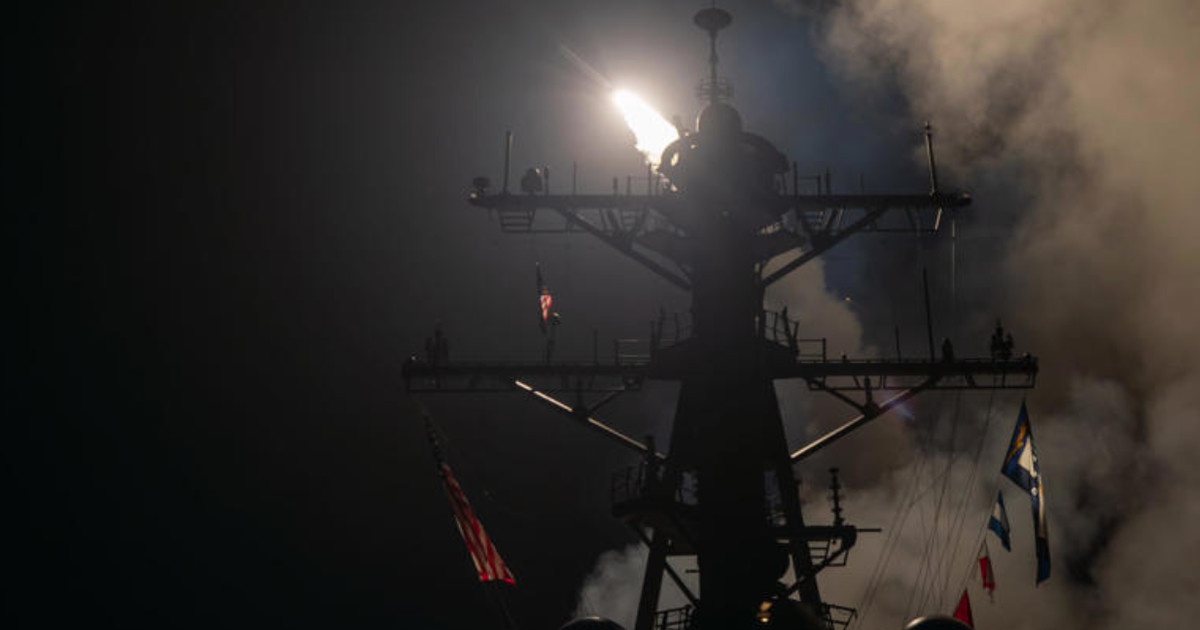
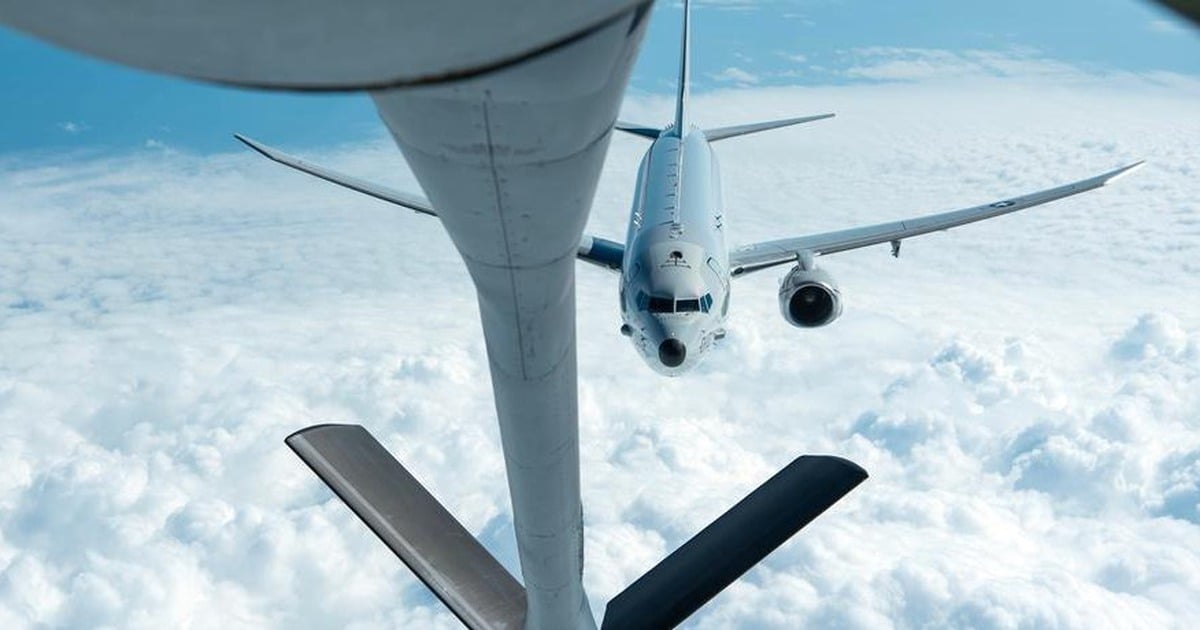
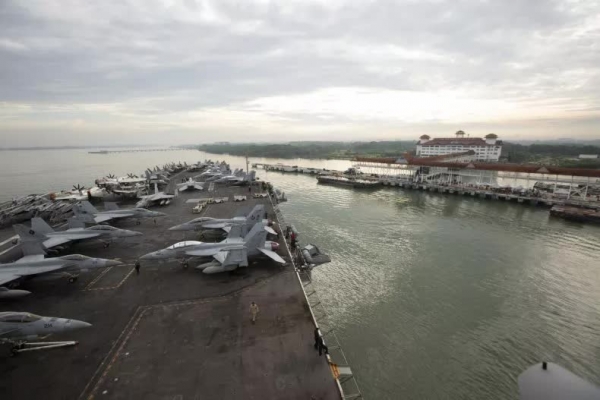

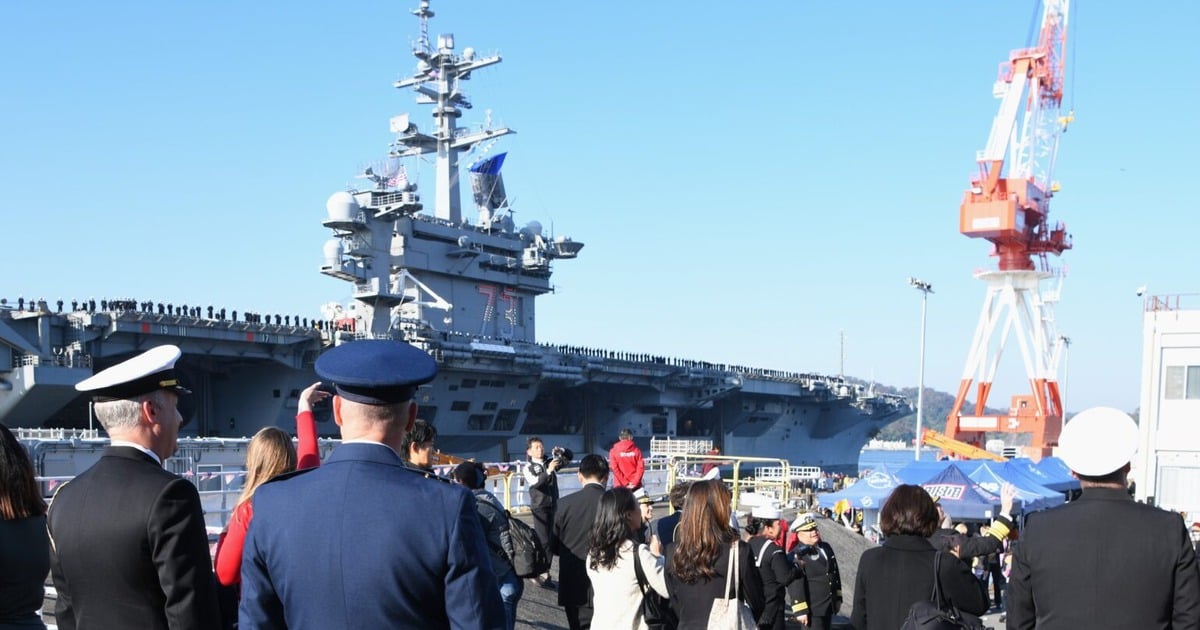



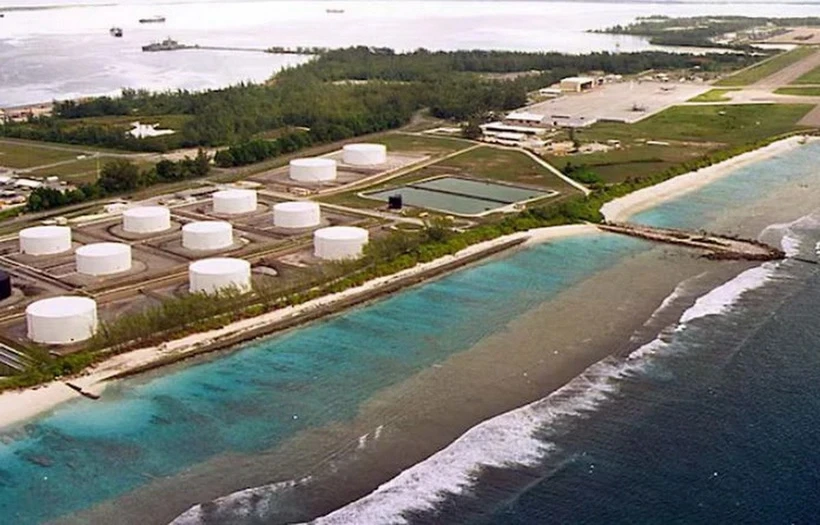

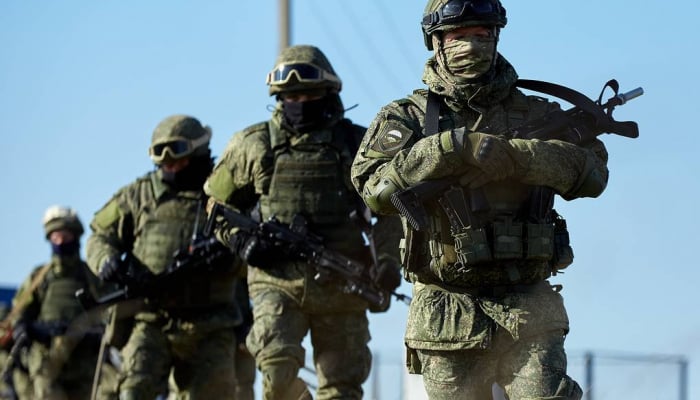






















































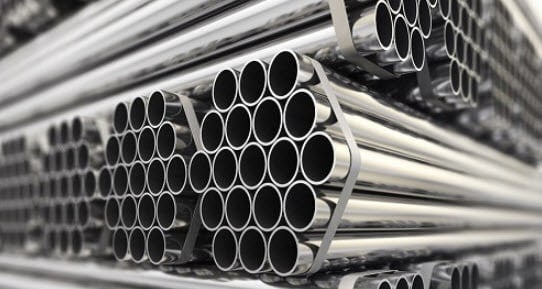





















Comment (0)